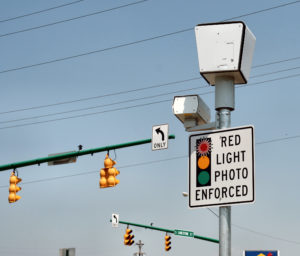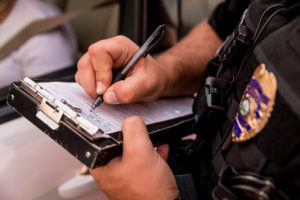Where does the duty to rescue begin and end? Who is responsible for the lives of those in need?
A very unfortunate situation took place when a Panamanian fishing boat went out to sea on February 24 of this year. Eighteen-year-old Adrian Vasquez, and two other men set out to sea when, without any warning, his engine died. Barely having any navigational skills, Vasquez and his crew were left to the mercy of the sea.
Fifteen days into his nightmare Vasquez spotted a cruise ship. He and the other two guys began to wave the ship down with hopes of being saved, but sadly the cruise liner never stopped. While still stranded at sea, Vasquez had to witness his to crew members suffer a slow death. Sixteen-year-old Fernando Osorio, passed away on the same day the cruise ship sailed away. A few days thereafter, 24-year-old Oropeces Betancourt also died. After a few agonizing days, Vasquez had make the horrific decision to throw the dead bodies over board; the natural process of decay became too much.
Now Vasquez, the only survivor on the boat, has filed a lawsuit in the state of Florida against Princess Cruise Lines. He is suing for negligence, and their refusal to assist when it was clear they made great attempts to reach out for help. He is in complete disbelief and outraged at the terrible fact that not one of the crew members did anything to rescue them; had they, the two other men may not have lost their lives.
There were three passengers on the ship who were bird watching when they noticed the fishermen beckoning for help. One of the passenger’s even took a photo. They alerted a crew member of what they saw. A couple of days later the passengers checked back with an officer of the ship, asking about the men, and apparently the officer did not have a response for them.
CNN reports that the law suit states, “even though crew members had clear knowledge that people were stranded in an open boat hundreds of miles from shore in the Pacific Ocean and desperately calling for their help, they consciously ignored the emergency situation and did not deviate from their cruise."
Princess Cruise’s spokeswoman Karen Candy did not comment directly on these allegations, but did deny the decision not to stop was made for financial reasons. She said there was still an investigation being conducted, and added that they believe it was a miscommunication and that the captain of the ship was never notified.
An apologetic statement by Princess Cruises stated how deeply saddened they are that the two men died at sea, and are very sorry for the tragic loss.
What’s done is done; a lesson to be learned for all. If the cruise ship wasn’t going to stop they should have at least made an attempt to notified the coast guard and let them check to see if the men needed help. Could the passengers who saw the men at sea played a stronger roll? Was notifying a passing crew member enough? Maybe the passengers should have demanded action, or asked to speak to the captain themselves. Maybe it is not their responsibility at all.
EMB
About the Editors: The Shapiro, Lewis & Appleton personal injury law firm, which has offices in Virginia (VA) and North Carolina (NC), edits the injury law blogs Virginia Beach Injuryboard, Norfolk Injuryboard and Northeast North Carolina Injuryboard as pro bono services.









One Comment
Gerry McGill
A master of a vessel who fails to render assistance to anyone found at sea in danger of being lost can be criminally prosecuted and fined up to $1000.00 or imprisoned for up to two years or both. 46 U.S.C. 2304. However the master may be excused if the rescue would prove a serious danger to the master's vessel, crew or passengers.
However I am sure the cruise vessel was of foreign registry (not U.S.) as they all are, even though they operate out of American ports carrying predominately American passengers, and the master is also a foreign national. Since the sighting apparently happened on the high seas outside of U.S. territorial waters I doubt if U.S. law would apply to the master.
Comments for this article are closed.